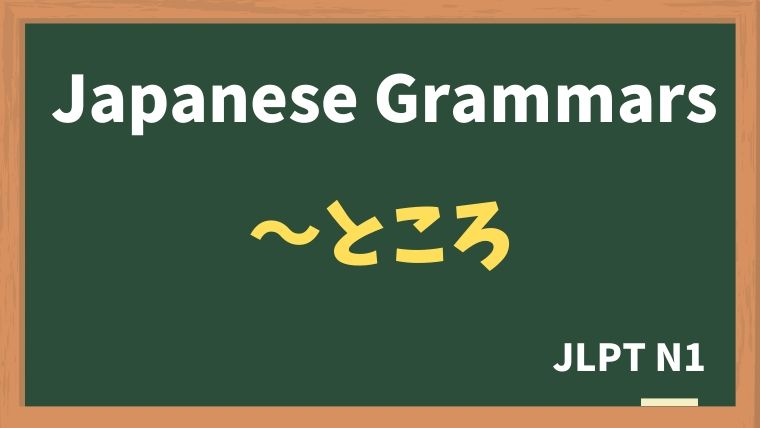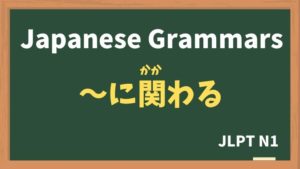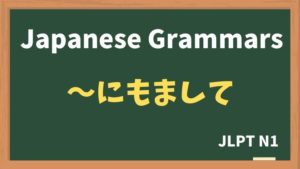
Explanation:〜ところ / 〜ところを
fa-check-circleMeaning
"〜のに / 〜という状況なのに"
相手に何かをお願いするときや、謝ったり、挨拶をする前に使う表現です。話す人の「相手に迷惑をかけて申し訳ない」という気持ちがあります。
"even though"
Expressions used when making a request, apologizing, or greeting someone. They convey the speaker's feelings of 'sorry for causing inconvenience to the other person.'
fa-check-circleForm
V(plain form) + ところ
イA(plain form)+ ところ
ナAな + ところ
N + のところ
fa-check-circlePoints
- Context of Interruption: This expression is often used to acknowledge that the speaker is interrupting or intruding during a particular moment, showing consideration for the listener’s situation.
- Politeness: It is a polite and formal way to express that you are aware of the listener’s current activity while making a request or offering an apology.
- State/Timing of Action: The phrase "〜ところ" can describe the exact moment or state in which the listener is engaged (e.g., busy, resting, enjoying themselves).
fa-check-circleJLPT Level
N1
Sample sentenes
先生、お忙しいところすみません。ちょっと教えていただきたいことがあるんですが、今よろしいでしょうか。
Sorry to bother you while you are busy, but I have something I'd like to ask. Is it a good time now?
お取り込み中のところ失礼いたします。
I apologize for interrupting you while you are in the middle of something.
みなさん、お楽しみのところすみません。そろそろお時間ですので、締めに入りたいのですが。
Everyone, I’m sorry to interrupt your enjoyment, but it’s almost time, so I'd like to start wrapping things up.
田中くん、休んでいるところ申し訳ないんだけど、今日の5時までに資料完成させてくれない?
Tanaka, I’m sorry to bother you while you are resting, but could you please finish the materials by 5 PM today?






